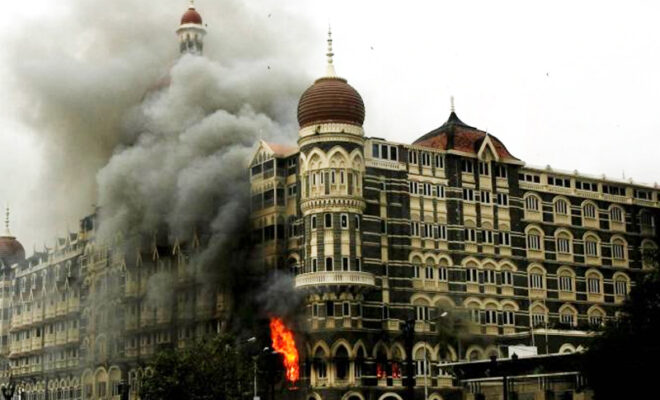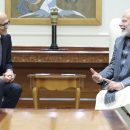26/11 Attacker Lashkar-e-Taiba Designated As Terrorist Organization

Israel has officially designated Lashkar-e-Taiba (LeT), an Islamist militant group founded in Pakistan, as a terrorist organization. This decision comes ahead of the 15th anniversary of the 26/11 Mumbai attacks, a tragic event in which LeT played a central role.
Israel’s action reflects a recognition of the threat posed by LeT not only in India but in other parts of the world. This designation means that the world acknowledges LeT as a terror group that actively engages in, plans, and spreads terrorism.
The 26/11 Mumbai Attacks Anniversary
The timing of this designation is significant. It comes as a gesture of solidarity with India on the 15th anniversary of the 26/11 attacks, a series of horrific terrorist acts in Mumbai orchestrated by LeT.
By listing Lashkar-e-Taiba (LeT) as a terrorist organization, Israel is sending a strong message against terrorism and honoring the memory of all victims of the 26/11 attacks, including those in Israel. It’s a unified global front against terrorism and honors the lives lost in these attacks.
Did India Ask Israel To Do This?
Interestingly, the Indian government did not formally request Israel to list LeT as a terrorist organization. Israel’s decision was made independently, following its own processes and evaluations.
This indicates that Israel recognizes the global threat posed by LeT and the importance of international cooperation in combating terrorism.
Israel Had Urged India To Designate Hamas As A Terrorist Organization
Last month, Israel urged India to declare Hamas, an Islamist militant group active in the Gaza Strip, as a terrorist organization. This appeal comes in the context of longstanding tensions and conflicts involving Hamas and Israel.
Israel, along with other countries like the United States and members of the European Union, has already designated Hamas as a terrorist group.
India’s Role in Counter-Terrorism
India has a long and painful history of dealing with terrorism, particularly terrorism emanating from Pakistan-based groups like LeT. The country has been vocal on international platforms, demanding action against cross-border terrorism and seeking global cooperation in this fight.
India’s own experiences have made it a significant voice in the global conversation on counter-terrorism. The Indian government’s actions and policies reflect a deep understanding of the threats posed by terrorism, both domestically and internationally.
Also Read: Hamas Chief Discussing A Truce Amid Brutal Massacre At Israel Music Festival
These designations reflect the perception of a shared global struggle against terrorism and the need for a unified stance among democratic nations. The world needs the interconnectedness of countries in their fight against terror and the recognition of common threats that transcend national boundaries.



